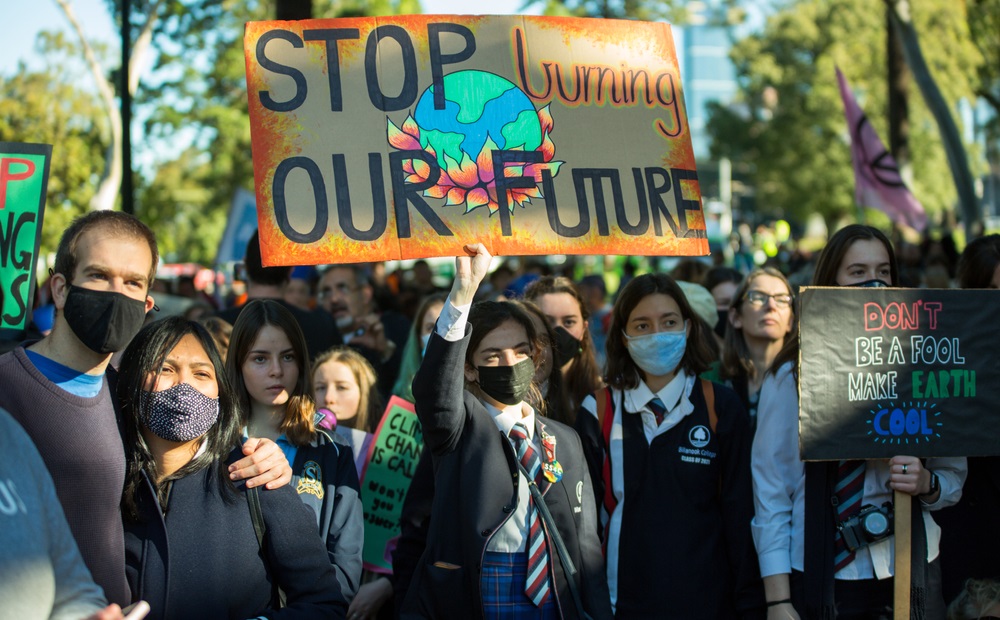Author(s): Oregon Health Authority
Published: June 14, 2022
Report Intro/Brief:
“As the effects of climate change grow, researchers and experts have become more concerned about how it will affect our mental health. Mental health impacts on youth are of particular concern as there is a growing youth mental health crisis in the United States. This report, in response to Governor Brown’s Executive Order 20-04, shares study findings of how climate change is affecting the mental health of youth in Oregon. The study included: a literature review, focus groups with youth, key informant interviews and learnings from youth story circles. Youth were engaged throughout the study to provide input.
Research is showing three main pathways climate change adversely affects our mental health:
• Increased extreme weather events and climate-related disasters
• Chronic climate stressors, such as water and food insecurity, and
• Increased awareness of climate change, leading to climate anxiety.
Study participants reported significant distress consistent with what youth across the globe are reporting. Youth in this study reported experiencing a range of feelings:
• They are experiencing feelings of hopelessness, despair, anxiety and frustration about climate change
• They feel dismissed by adults and the older generation.
• They feel angry that not enough is being done to protect their future.
• They understand climate change as closely linked with systemic racism and oppression. They believe both need to be addressed at the same time.
Youth and key participants identified these strategies for nurturing hope and resilience:
• Create space for youth to come together and share their feelings about climate.
• Engage together in making social change.
• Nurture a stronger relationship with nature and our physical environment.
Decision-makers, educators, mental health professionals and environmental professionals support youth mental health and resilience in the face of climate change when they:
• Share power with youth in decision-making about climate and mental health policy and solutions to increase youth’s sense of hope, belonging and agency
• Educate themselves about the connection between climate change and youth mental health and healing centered approaches to engage with youth
• Increase investments in school and community mental health services. These investments are needed to meet increasing demands to support youth, family, and community well-being.”
>>> CLICK HERE to see all of Youth Today’s REPORT LIBRARY































